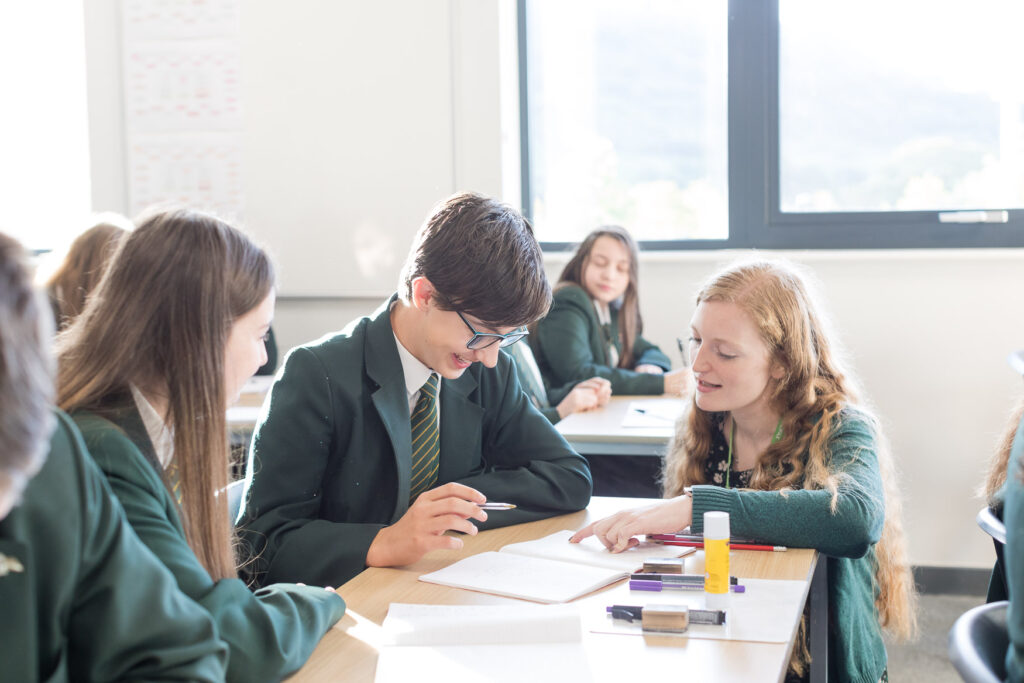As part of the celebrations for its 50th Anniversary, the IMA, in collaboration with the University of Manchester, ran the first ever UK Festival of Mathematics in June 2014. This event was a great success and was well attended by school groups, mathematicians in academia and industry, teachers, and members of the general public. It delivered a rich combination of exhibitions, shows, talks and discussions at all levels and covering a wide variety of topics. A frequent comment by the visitors was, why hasn’t the UK had such a mathematics festival before, and when was the next one going to be.
This year Newcastle University are taking up the baton to run the second mathematics festival and this summer they present a celebration of “number” in association with the Great North Maths Hub and the Institute of Mathematics and its Applications. The festival will run from 27th June to 5th July 2015 in a variety of venues in and around Newcastle.
The main aim for the ‘Festival of Numbers’ is to promote a greater understanding of mathematics to the North East and beyond, and the role of the University in encouraging and facilitating engagement and interaction with mathematics in its broadest sense. The festival has events for all ages and interests. From lectures and workshops, to a Maths film night and a teacher conference. The Great North Maths hub is also encouraging schools in the region to have a ‘maths day’ during the week of the Numbers Festival regardless of their involvement with the programme of events.
The festival question ‘What is your favourite number and why?’ is designed to act as ‘glue’ to bind together the diverse aspects of the week. This engaging question, which is accessible to a wide range of people, will hopefully capture the imagination of the North East and beyond, to think a little more about numbers and how these influence lives. Anyone in the country can declare their favourite number at the website www.ncl.ac.uk/events/numbers
In the run up to the festival I will be tweeting (@DrMaths) some favourite number facts about the numbers from 1 to 100. For example one of my favourite numbers is 17, as in mathematics it is known as the Feller Number, after the Princeton University mathematician William Feller. He would jokingly say when discussing a mathematical problem with his students that if it could be proved for 17 then it would work for all positive integers.
The reason he gave for choosing 17, and not some other number were as follows:
Zero times anything gives you zero, so too many things will cancel out.
One times anything doesn’t change, so that’s bad, too.
Two and three are two small.
Four is a perfect square so that may cause some problem.
Five is half of ten, and anything in a decimal world is probably special.
Six is a perfect number, so that may affect your results.
Seven is too lucky.
Eight is a perfect cube.
Nine is a perfect square.
Ten we already covered, and eleven is too close to ten.
Twelve is divisible by practically everything so something is bound to cancel out.
Thirteen is unlucky and fourteen is twice seven so it’s too lucky.
Fifteen we covered.
Sixteen is a perfect square and even its square root is a perfect square.
Eighteen is twice a perfect square, anything bigger and the results are too big to handle.
That leaves seventeen!
What is your favourite number and why?
Steve Humble (@DrMaths)
Newcastle University



